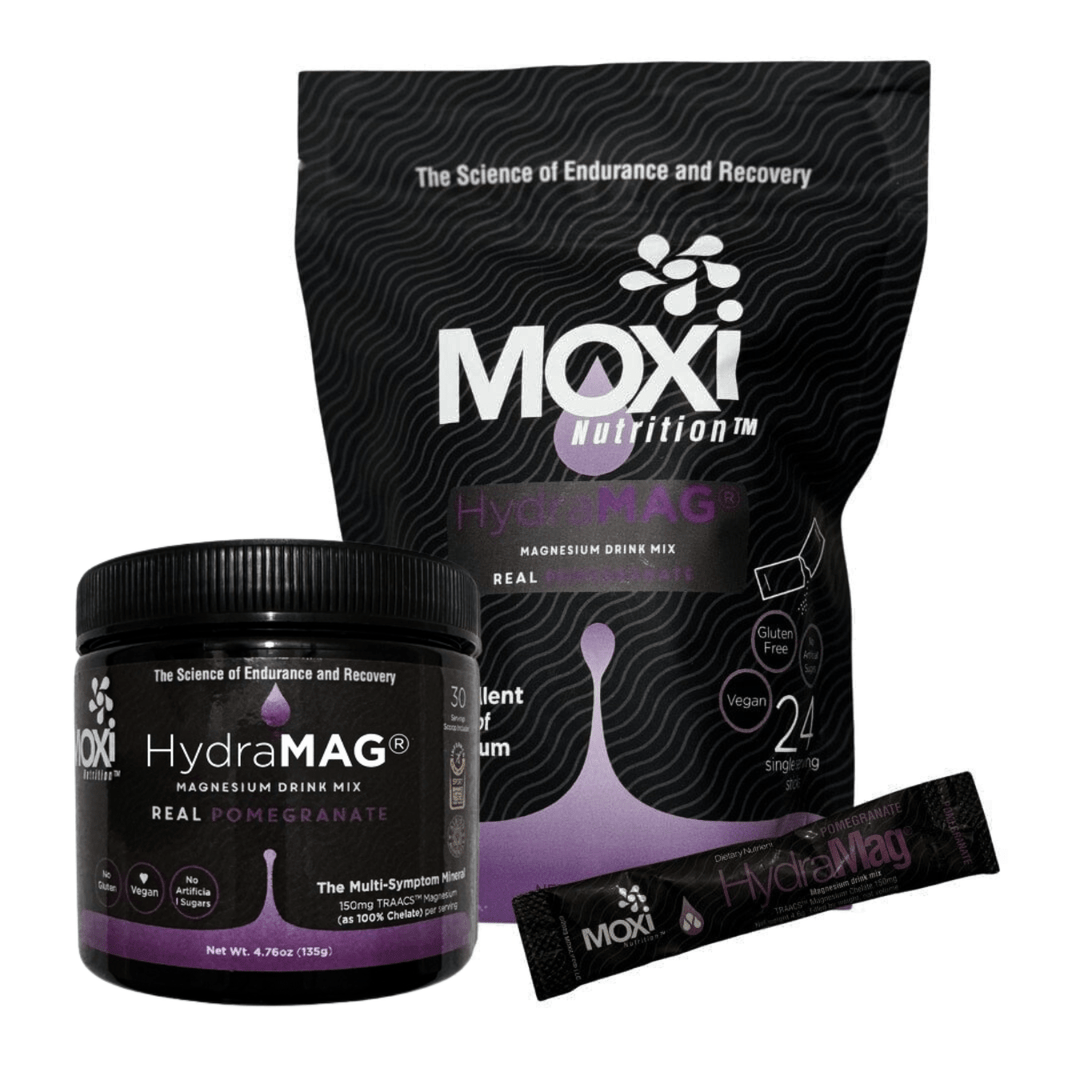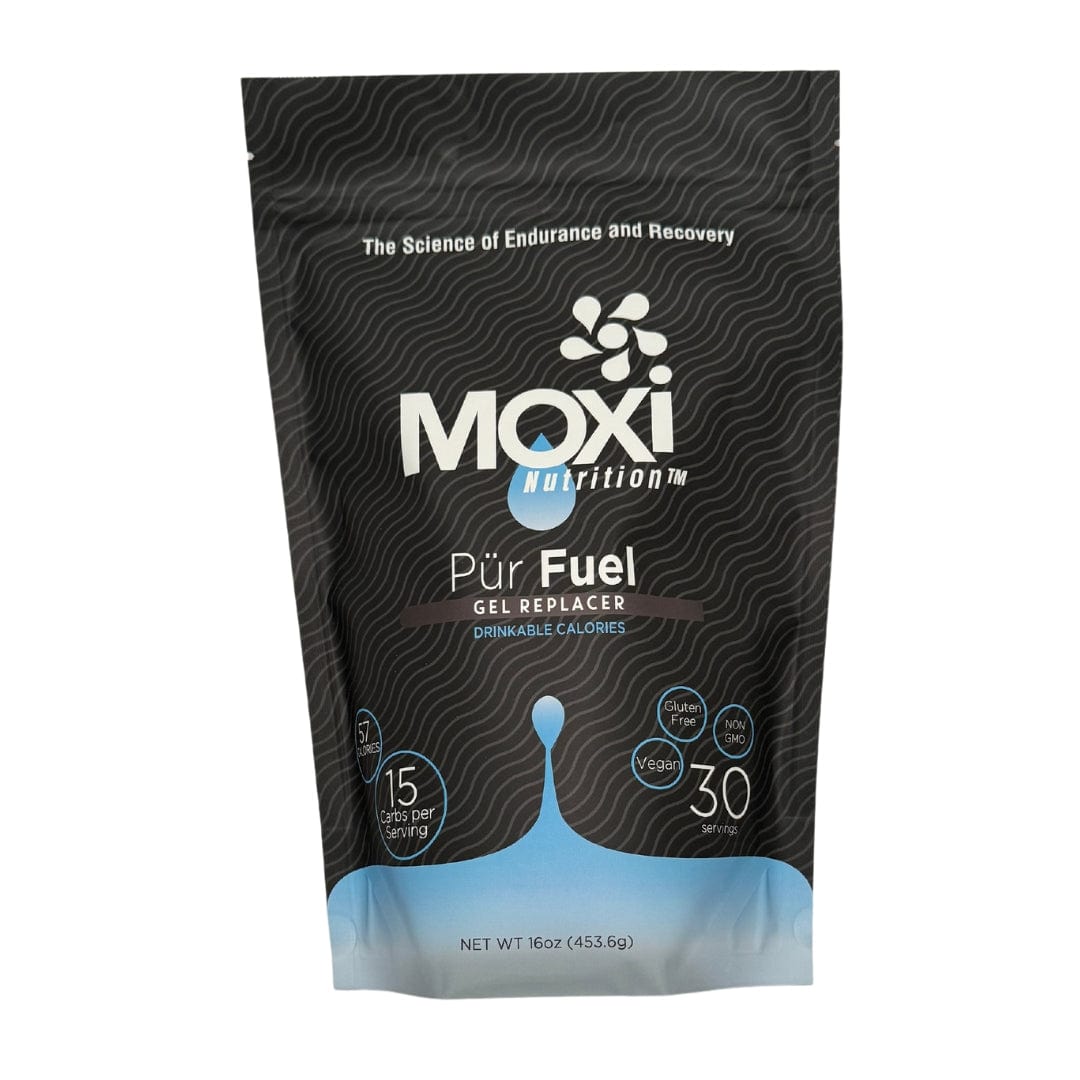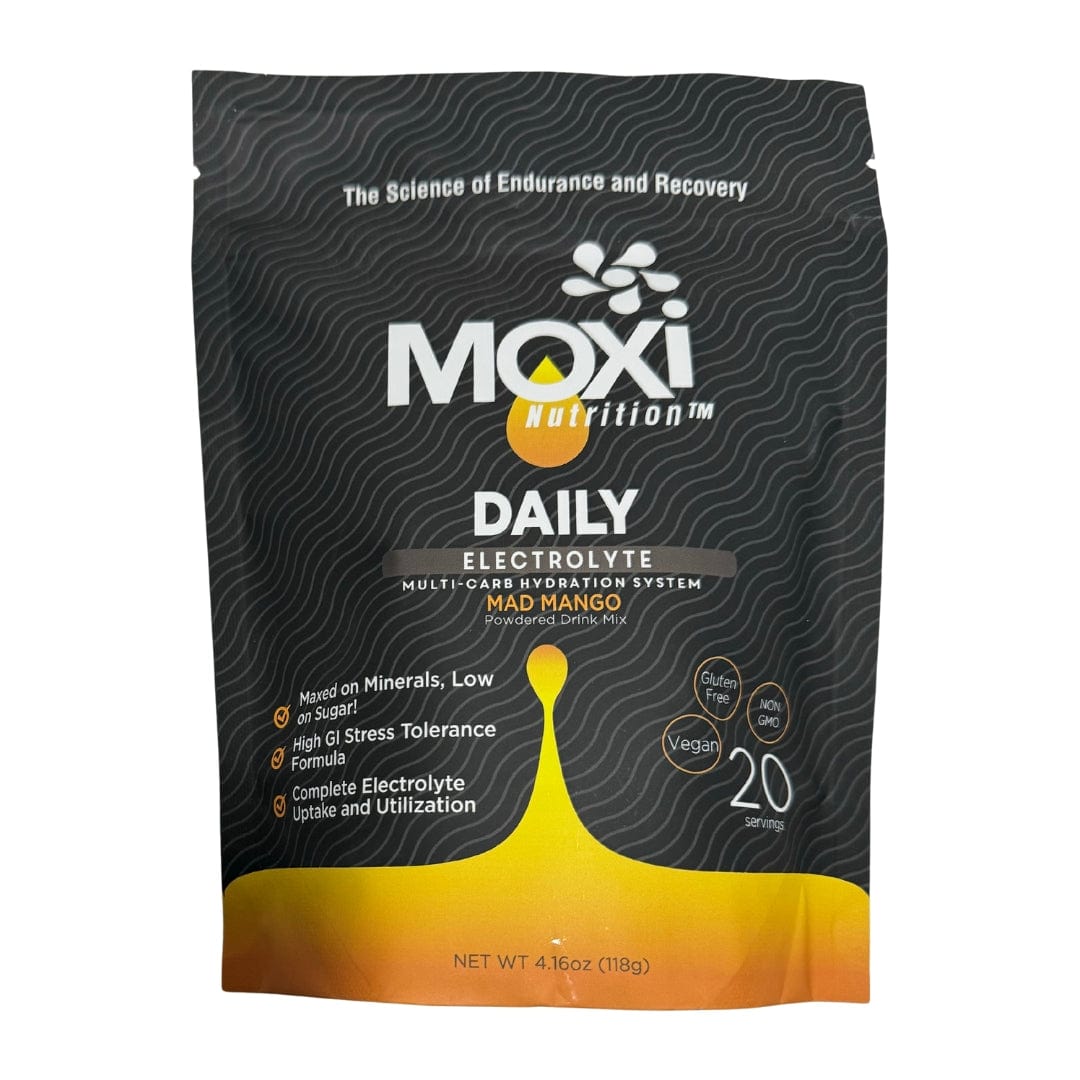Carbohydrate Loading: Best Practice Tips

Carbohydrate loading is a technique used by endurance athletes to increase their muscle glycogen stores before an event. Glycogen is a type of carbohydrate that is stored in the muscles and liver and used as a source of energy during exercise. When glycogen stores are low, athletes can experience fatigue and decreased performance.Carbohydrate loading can be an effective way to improve performance in endurance events.
Carbohydrate loading typically involves three phases:
- Tapering: This is a period of reduced training volume and intensity. This allows the body to rest and recover, which helps to increase glycogen stores.
- High-carbohydrate diet: During this phase, athletes increase their carbohydrate intake to 8-12 grams per kilogram of body weight per day. This helps to further increase glycogen stores.
- Rest day: On the day before the event, athletes should rest and avoid strenuous activity. This allows the body to fully absorb the carbohydrates that have been consumed.

Which form of carbohydrate is best for carbohydrate loading?
If you are an athlete who is carb loading, it is important to focus on complex carbohydrates. These carbohydrates will provide you with a more sustained release of energy and help you to perform at your best.
Complex carbohydrates are better for carb loading than simple carbohydrates. Complex carbohydrates are digested more slowly than simple carbohydrates, which means that they provide a more sustained release of energy. This is important for athletes who need to have a steady supply of energy for long periods of time. Complex carbohydrates also contain more fiber than simple carbohydrates, which helps to keep you feeling full and satisfied.
Here are some examples of complex carbohydrates:
- Whole grains: brown rice, quinoa, oats, barley
- Legumes: beans, lentils, peas
- Fruits: bananas, apples, oranges, pears
- Vegetables: potatoes, sweet potatoes, corn, broccoli, spinach
Here are some examples of simple carbohydrates:
- Sugar: table sugar, brown sugar, honey, maple syrup
- Candy: candy bars, cookies, cake
- Soda: regular soda, diet soda, sports drinks
- Juice: fruit juice, sports drinks
It is important to note that not all simple carbohydrates are bad. Some simple carbohydrates, such as fruit and honey, are also good sources of nutrients. However, it is best to limit your intake of processed simple carbohydrates, such as sugar and candy.

The average amount of carbohydrates burned by a 150-pound athlete depends on the intensity and duration of exercise. For example, a 150-pound athlete who runs a marathon will burn about 2,600 calories, of which about 600 calories will come from carbohydrates. A 150-pound athlete who does a moderate-intensity workout for 30 minutes will burn about 200 calories, of which about 50 calories will come from carbohydrates.
The following table shows the average number of calories burned per hour for different activities:
| Activity | Calories Burned per Hour |
|---|---|
| Running (moderate intensity) | 600 |
| Walking (brisk pace) | 300 |
| Cycling (moderate intensity) | 400 |
| Swimming (moderate intensity) | 300 |
| Weight training | 150 |

What does the body need in addition to Carbohydrates to maximize energy use?
A key factor of carbohydrate loading, also includes, proper micronutrient loading and uptake.There are a number of micronutrients that play a role in the burning of carbohydrates.
These include:
- Vitamin B1 (thiamine): Vitamin B1 is essential for the metabolism of carbohydrates. It helps the body to convert glucose into energy, and it also plays a role in the production of ATP, the body's main energy source.
- Vitamin B3 (niacin): Vitamin B3 is also involved in the metabolism of carbohydrates. It helps the body to break down glucose into energy, and it also helps to regulate blood sugar levels.
- Vitamin B5 (pantothenic acid): Vitamin B5 is involved in the production of acetyl-CoA, a molecule that is essential for the metabolism of carbohydrates, fats, and proteins.
- Vitamin B6 (pyridoxine): Vitamin B6 is involved in the metabolism of amino acids, which are the building blocks of proteins. It also helps to regulate blood sugar levels.
- Vitamin B12 (cobalamin): Vitamin B12 is involved in the metabolism of carbohydrates, fats, and proteins. It also helps to produce red blood cells and maintain a healthy nervous system.
- Magnesium: Magnesium is a mineral that is involved in a number of bodily functions, including the metabolism of carbohydrates. It helps the body to break down glucose into energy, and it also helps to regulate blood sugar levels. Magnesium is also important to insulin receptor site sensitivity.
- Chromium: Chromium is a mineral that helps the body to use insulin, a hormone that regulates blood sugar levels. It also helps to improve the body's ability to burn carbohydrates for energy.
- Vanadium: Vanadium is a trace mineral that is involved in the metabolism of carbohydrates. It helps the body to break down glucose into energy, and it also helps to regulate blood sugar levels.
The body cannot make ANY of the above nutrients. These vitamins and minerals need to be obtained through a nutrient dense diet.
The body can only make two vitamins: vitamin D and vitamin K, all other vitamins must be obtained from the diet.
- Vitamin D is made in the skin when it is exposed to sunlight. It is important for strong bones, a healthy immune system, and cell growth.
- Vitamin K is made by bacteria in the intestines. It is important for blood clotting, bone health, and liver function.
It is important to get enough of these micronutrients from your diet, in order to ensure that your body is able to burn carbohydrates effectively. One very important aspect of nutrition is, how the nutrients affect other organs in the body. Are the nutrients you are taking/ingesting 'clean' or 'synthetic'.
Synthetic nutrients are made from petrochemicals and require the liver to clean them up for proper use in the body. If you are not getting enough of these nutrients, you may experience fatigue, difficulty concentrating, and weight gain.
However, it is important to note that carbohydrate loading is not a magic bullet and will not guarantee success. Athletes should also be aware of the potential side effects of carbohydrate loading, such as weight gain and gastrointestinal discomfort which can occur if using poorly absorbed and utilized carbohydrates..
Here are some tips for carbohydrate loading:
- Start carbohydrate loading 3-4 days before your event.
- Increase your carbohydrate intake gradually, over the course of several days.
- Choose high-carbohydrate foods that are low in fat and fiber.
- Drink plenty of fluids to stay hydrated.
- Listen to your body and don't overdo it.
If you have any questions about carbohydrate loading, be sure to talk to your doctor or a registered dietitian.








